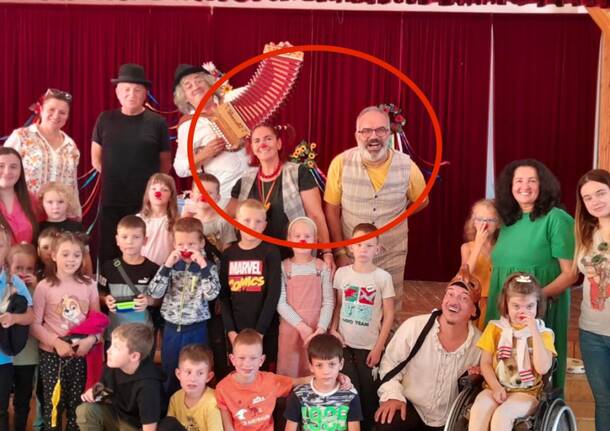An investigation into the persecution and deportation to the Dachau camp of more than 2,800 Christians from 14 European countries by the Nazi regime and the reasons behind it: Thursday 29 June at Rai Primetime 3, Rai documentari proposes “The Cross e la Svastica”, co-production by Rai Documentari And Iterfilm and Upside with a contribution from Mic and the Bilateral Fund “Italy-France”, directed by Giorgio Treves, written by Luca Scivoletto and Giorgio Treves with the artistic participation of Margherita Pie, Massimo De Rossi and Stefano Dionisi.
The documentary, filmed in Italy, France, Germany, Poland and the Vatican City, develops like a journey for director Giorgio Treves, who through testimonies of some survivors and reconstructions of historians tries to understand and shed light on the relations between the Catholic Church, the Protestant Church and National Socialism. The personal search arises from the need for justice, respect and mercy towards all victims of Nazism, of any creed, race and nationality, and at the same time from the need for knowledge, to lift the veil over this dark region of history.
Why did Hitler also deport Catholics, Protestants, Orthodox and Jehovah’s Witnesses to the camps in addition to the 6 million Jews? Giorgio Treves began his research starting with the secret archives of the Vatican, renamed the Apostolic Archives, where, at the request of Pope Francis in 2020, the seals were removed from the pontificate of Pius XII, with the aim of clarifying the position of the Church during the period of World War II.
The documentary then gets into the heart of the rise of Nazism, which with the Aryan Paragraph will lead to the extermination of the Jews, and concludes by questioning the position taken by the Vatican. What can the church do? What might he fail to do?
“The fate of Christians during the war seemed like a gaping hole in this historical narrative, especially in the country where I live, Italy, where no one had ever heard of it,” says Giorgio Treves. “My ambition is to make a film that is enlightened by its testimonies and archives, but also to capture a sensitive subject It is almost taboo. A story that contains parts that have been deliberately hidden for a long time.”
Reconstructions by Italian, French and German historians alternate with emotional moments: the personal stories, recollections and anecdotes of those who experienced this tragedy first hand – such as the testimony of Simon Lipster and Emma Bauer about the tragic fate of the Orthodox and Jehovah’s Witnesses – are interspersed with unpublished material from the archives, including That Bundenarchive, Les Ateliers Des Archives, Critica Past, and Istituto Luce.
The itinerary ends on the long, tree-lined Dachau Boulevard, with the finale the recent neo-Nazi demonstrations are a warning intended to prevent similar atrocities from recurring.

“Freelance social media evangelist. Organizer. Certified student. Music maven.”



